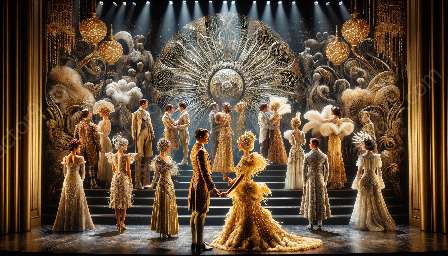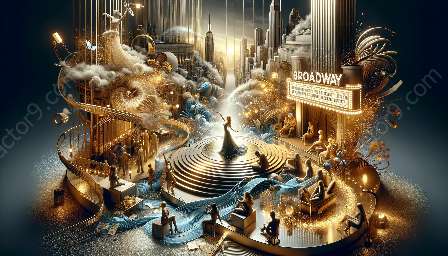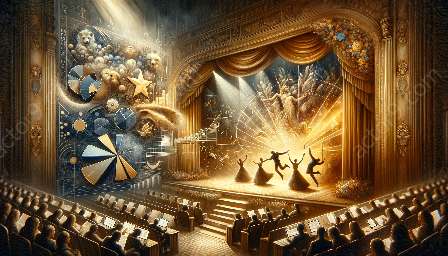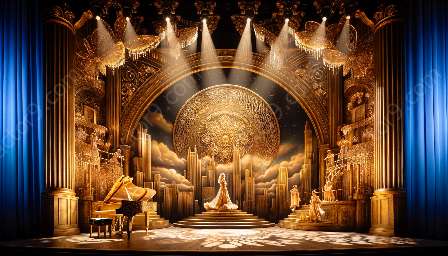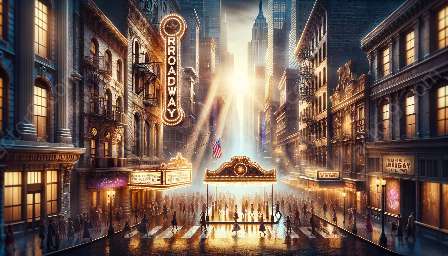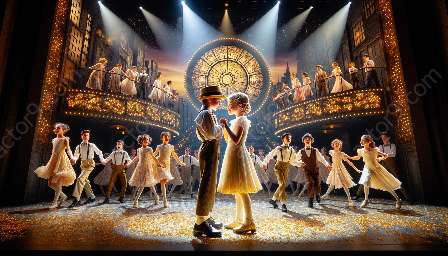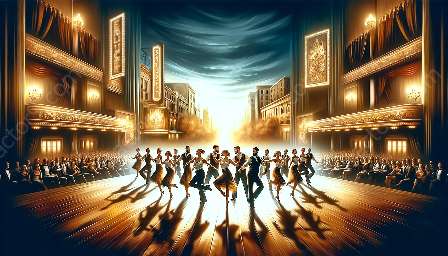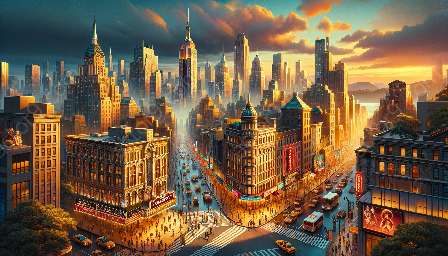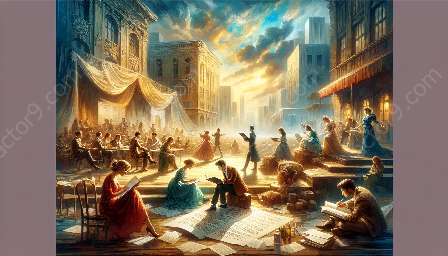Broadway, the world-renowned theatrical hub located in the heart of New York City, has had a significant and lasting impact on the city's economy. The Broadway industry encompasses a wide array of musicals, plays, and other live performances, attracting millions of spectators from around the globe each year.
Historical Significance of Broadway
The history of Broadway traces back to the late 19th century, when the area around 42nd Street in Manhattan became the epicenter of live entertainment. The debut of the musical 'The Black Crook' in 1866 is often considered the starting point of Broadway's theatrical dominance. Over time, Broadway has evolved into a cultural phenomenon, with its theaters becoming synonymous with world-class performances and artistic expression.
Broadway and the Birth of Musical Theater
Broadway has played a pivotal role in the development and popularization of musical theater. The combination of music, dance, and drama has captivated audiences for generations and has become a significant cultural export for the United States. This unique art form has not only entertained but also shaped the way people perceive and experience live entertainment.
Impact on New York City's Economy
The economic impact of Broadway on New York City is immense. The industry contributes billions of dollars to the city's economy annually, attracting tourists, creating employment opportunities, and bolstering various sectors, including hospitality, retail, and transportation.
One of the primary contributors to the city's tourism industry, Broadway draws millions of visitors who spend money on tickets, dining, accommodations, and shopping, thus fueling the local economy. Moreover, the existence of Broadway theaters has driven the development of the surrounding areas, leading to increased property values and commercial activities.
Employment and Job Creation
Beyond its financial impact, Broadway also plays a crucial role in job creation. From actors and musicians to stagehands and administrative staff, the industry supports a diverse array of employment opportunities. In addition, the ripple effect of Broadway's economic contributions extends to various support industries, such as costume design, set construction, and marketing.
Cultural and Social Influence
The influence of Broadway extends far beyond its economic significance. It serves as a cultural pillar, showcasing diverse stories and perspectives while fostering creativity and innovation. Additionally, Broadway productions often serve as vehicles for social commentary, sparking important conversations and promoting awareness of pressing issues.
Conclusion
As a central driver of New York City's economy, Broadway continues to shape the city's cultural and financial landscape. Its rich history, coupled with its enduring impact on musical theater and the economy, solidifies its status as a global icon of creativity and prosperity.







